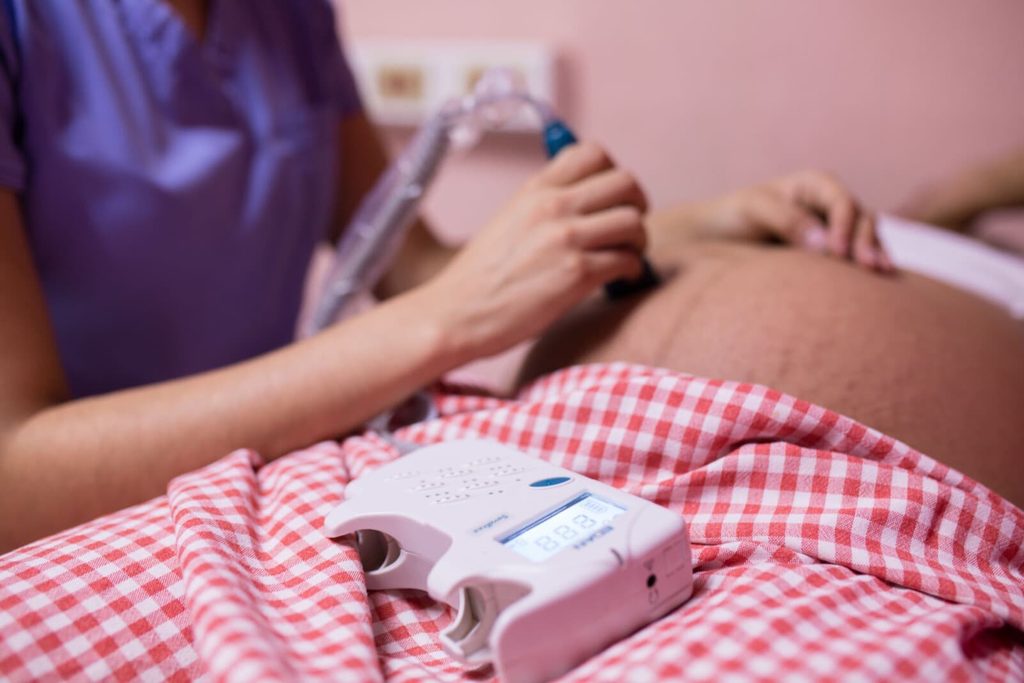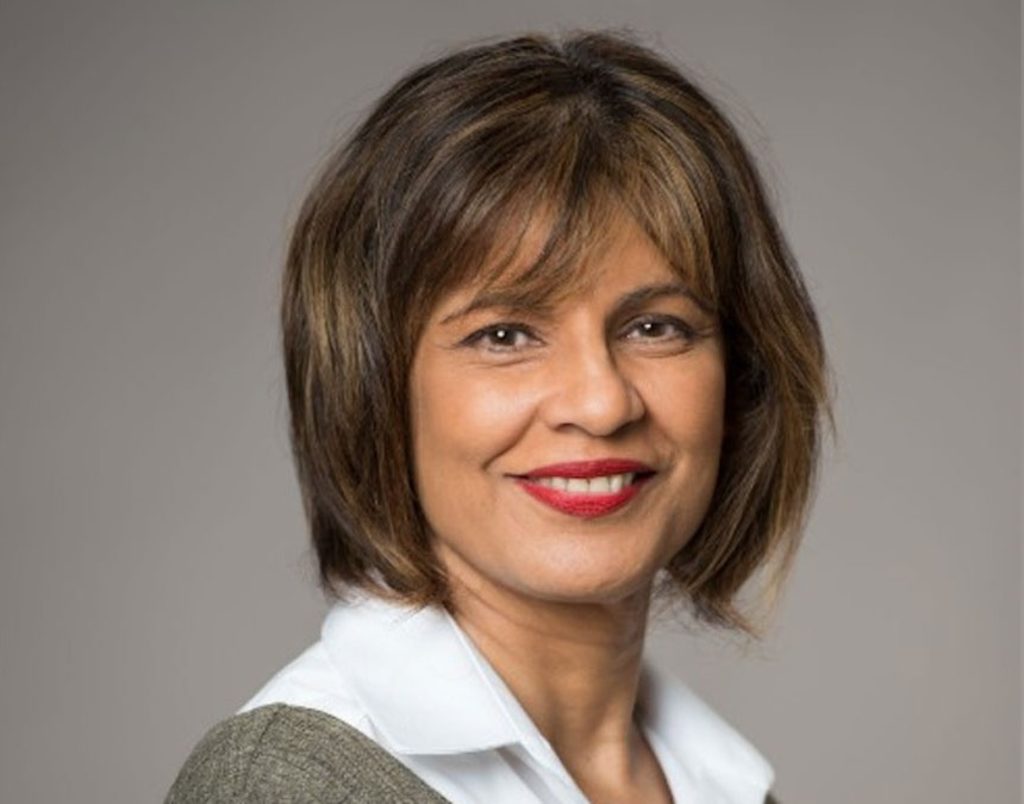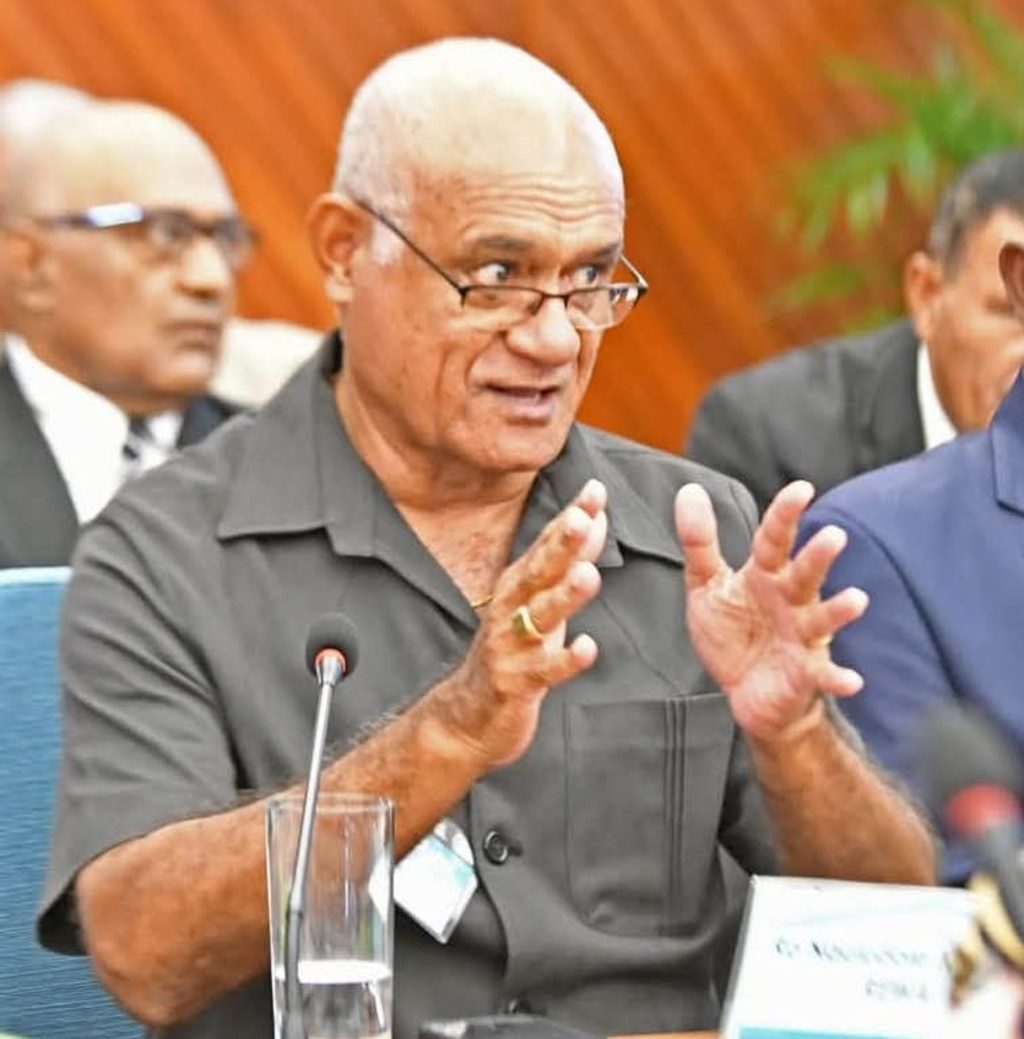Eight girls under the age of 15 became mothers in the first six months of this year. Another 481 between the ages of 15 and 19 also gave birth in that period.
These statistics, revealed recently by Assistant Minister for Health Penioni Ravunawa, highlights a troubling rise in child and teenage pregnancies and expose wider cracks in Fiji’s social and legal framework.
Mr Ravunawa attributed the trend to influences such as social media, access to pornography, peer pressure, and the erosion of family time and traditional values.
“In my young days, there were no mobile devices. We learned from our teachers, our parents, and our community leaders. We valued each other as persons, our faith, race, and culture,” he said.
“The influence of globalisation and cyberspace freedom has dramatically changed our beloved Fiji.”
He warned that parents were losing touch with their children, saying technology had created a world where families no longer knew what their children were watching or who they were talking to behind closed doors.
But prominent lawyer and women’s rights advocate Imrana Jalal challenged the framing of the issue, calling it “statutory rape” rather than teenage pregnancy.
“As usual, the focus is on young females,” she said.
“Why doesn’t this article (FT 17/09/25) and the Assistant Minister talk about young and older male behaviour that allowed this to happen? The girls are all under 15—were the males prosecuted?”
Ms Jalal stressed that under the law, sexual activity involving a girl under 16 with an older male is unlawful, regardless of consent.
“If the male is an adult then he should be charged for rape, or if a mature male, then child abuse and rape,” she said.
Her concerns were echoed by senior chiefly figure and Great Council of Chiefs (GCC) member, Ro Naulu Mataitini, who said the silence on male accountability reflected a deeper malaise in Fijian society.
“The absence of any mention of the men or boys involved, let alone any report of prosecution, is a deafening silence that normalises a profound injustice,” Ro Naulu said.
“It perpetuates the toxic narrative that female bodies are the sites of societal problems, while male culpability is invisible.”
He warned against reducing the issue to nostalgia for lost values.
“The sexual activity of a child under 15 is not a failure of globalisation or cyberspace freedom alone. It is, as Ms Jalal rightly states, statutory rape,” he said.
Ro Naulu added that the lack of collective condemnation of men who impregnate children reflected weak moral courage in leadership.
“True leadership would be to name the sin and the sinner, to champion the rule of law, and to protect the most vulnerable without fear or favour. Silence, or a focus solely on the girls, is complicity,” he said.
Both he and Ms Jalal called for a shift in public discourse from “teen pregnancy” to “child sexual abuse” and for stronger enforcement of laws, as well as accountability from leaders.
“The eight children under 15 are not symbols of a lost Fiji. They are the canaries in the mine, signalling the toxic air of our current moral and ethical climate,” Ro Naulu said.
The statistics point not just to a family issue, but to what critics describe as a broader failure of governance and justice, a failure that demands an urgent solution.

Eight girls under the age of 15 became mothers in the first six months of this year according to statistics provided by the Assistant Minister for Health. Picture: UNICEF

Imrana Jalal stressed that the perspective on teenage pregnancies must not only focus on young girls but also on boys and men. Picture: SUPPLIED



